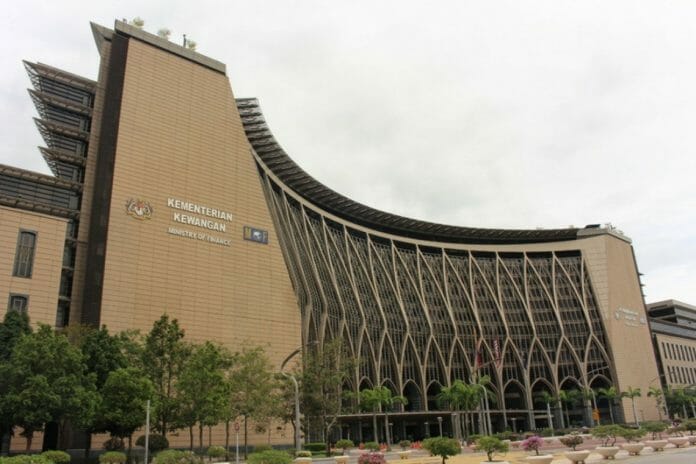Budget Madani 2024 presents the government targets at a narrower fiscal deficit of 4.3% of GDP next year, an improvement against 2023 estimate of 5.0%, and somewhat a midpoint towards the 3.5% targeted for 2025 as stated in the 12th Malaysia Plan midterm review.
CGSCIMB, in its Economics Note toay (Oct 16) said the improvement in next year’s fiscal deficit is anchored on both the material reduction in the overall fiscal balance as well as growth of nominal GDP.
The 2024 overall balance improved to RM85.4bn deficit from RM93.2bn in 2023F, highlighting a noticeable reduction of RM7.8bn.
Meanwhile, imputed nominal GDP for 2024 is at RM1.99tr vs. 2023 estimate of RM1.86tr, hence the nominal GDP growth in 2024 is at 6.5% yoy, much better than the 3.5% expected in 2023. With fiscal deficit measured as a percentage of GDP, the higher nominal GDP value helps to reduce the overall ratio. (CGSCIMB takes the fiscal balance and fiscal deficit to GDP ratio published in the report to derive the nominal GDP).
Despite a better fiscal deficit number, the government’s total debt ratio is projected to worsen – to 61.9% of GDP in 2024, vs. 60.3% estimated in 2023. Similarly, debt service charges (DSC) also worsen at 15.9% of revenue in 2024, climbing higher from 15.0% in 2023, making the DSC ratio breach above the 15% internal guideline set by MOF.
Worse, growth in DSC at 8% yoy surpasses nominal GDP growth of 6.5%, implying an ongoing struggle with debt affordability. The rising interest rate environment and pandemic ‘debt scarring effect’ played a part in the ballooning costs.
Bottom line, the marked improvement in deficit from 5.0% to 4.3% of GDP is a welcome development. However, the worsening debt metrics, especially the rising DSC and government debt, does not ease our concerns. Granted, there is continued interest on the government to continue to improve fiscal situation with the deficit targeted at 3.5% in 2025 and 3.0% in 2026, as well as the passing of the Fiscal Responsibility Act.
On the upside, the targeted subsidy measures may provide more leeway for savings. The Fiscal Report did not take into account the measures announced in the Budget speech, hence the proposed targeted subsidy measure may see subsidy commitment narrow much more than currently estimated.
Over the longer term, however, issues over low government revenue collection still needs to be addressed. The increase in service tax from 6% to 8% may provide some breather in the near term, but we believe this is insufficient to address the long-term structural debt problem. As such, we still believe the implementation of the Goods & Services Tax could be the long-term solution. CGSCIMB cited









